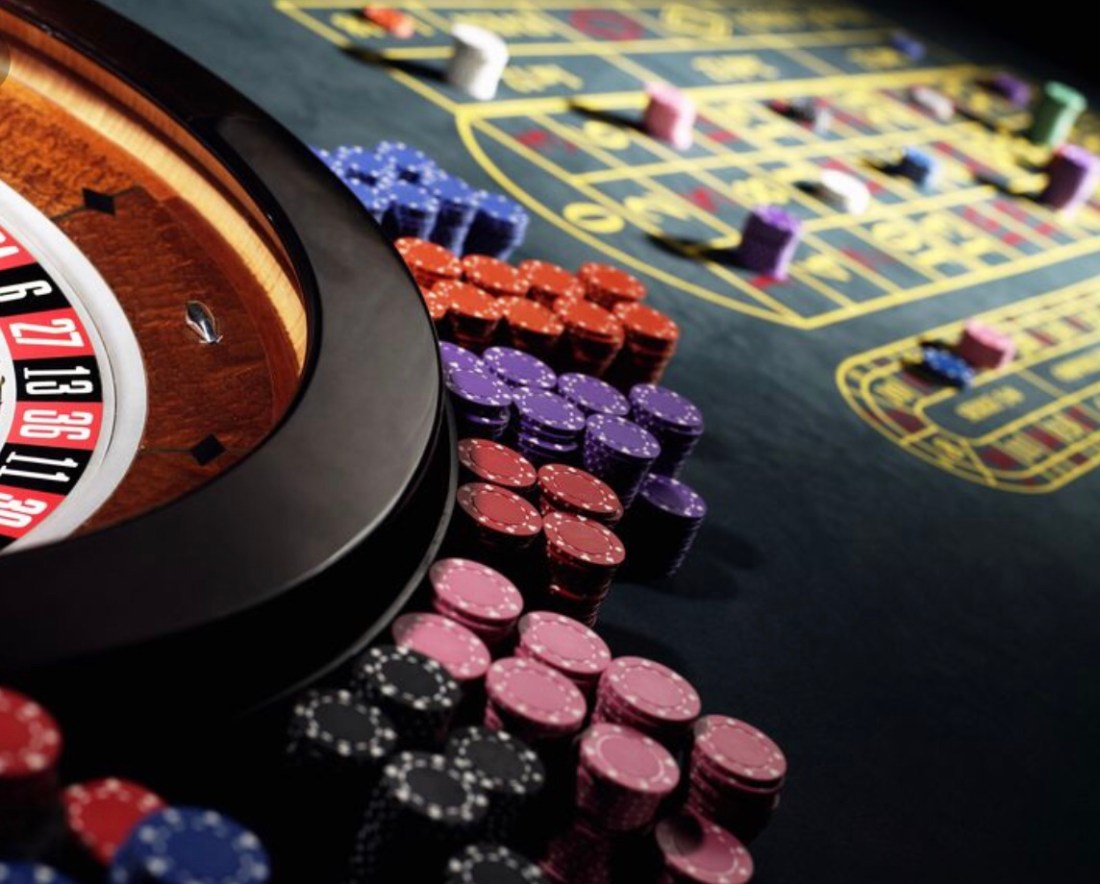Alfred was a husband and a father of 2 boys. He had a well paying job that came with a house, a car and health care benefits. His kids went to the best schools. Every year, he would take his family to a foreign country to spend their Christmas. He lived a very comfortable life. One day, he was accused wrongly and fired for embezzlement. He lost his house, cars and health benefits; he was back to square one. He had to take his kids to public schools because he couldn’t afford private ones now. Alfred started thinking of ways to get money; he couldn’t start all over again, he needed a quick way to make money so he resorted to gambling. In his head, he’ll gamble some of his savings, make profit, and then be back on his feet. He knew how to gamble because his father used to take him to his gambling games when he was younger. Even though Alfred’s father’s gambling problem caused his family a lot of troubles, Alfred figured he wasn’t his father and convinced himself he was doing it for his family. He lost the first time, the second time, third time, in fact he never won a game. He spent all his life savings on gambling and didn’t earn any profits. He couldn’t even afford to take his kids to public schools again nor could he afford the cheapest house. He would always promise to stop and go right back. His family members refused to help him because they assumed that Alfred should have known better given what happened to their family because of his father’s gambling problems. His wife couldn’t put up with him again so she run away with her kids. His life became a mess. He became depressed, anxious, penniless and homeless. Yet, even with that, he gambled the little money he got from begging.

Causes: People with gambling disorder have a family history of substance abuse and gambling problems. Activation of the brain reward system and the disruptions in the system regulating the dopamine neurotransmitter can also cause this gambling disorder. These individuals have a distorted belief that they have more control than the average person over gambling outcomes, overconfidence, and superstitions and on developing new activities and coping strategies to replace gambling.
Symptoms: People with a gambling disorder show high levels of impulsivity and poor performance on cognitive task assessing control over impulse. They have problems with substance use, depression and anxiety. They become restless or irritable when attempting to cut down and stop gambling. They need to gamble with increasing amounts of money in order to achieve a desired excitement. They have made repeated unsuccessful efforts to control , cut back and stop gambling. They often gamble when feeling distressed. After losing money gambling, they often return another day to get even. They constantly lie to conceal the extent of involvement in gambling. They jeopardized or lose a significant relationship, job, or educational or career opportunity because of gambling. They always rely on others to provide money to relieve desperate financial situations caused by their gambling.
MentalMonday by Akwama










